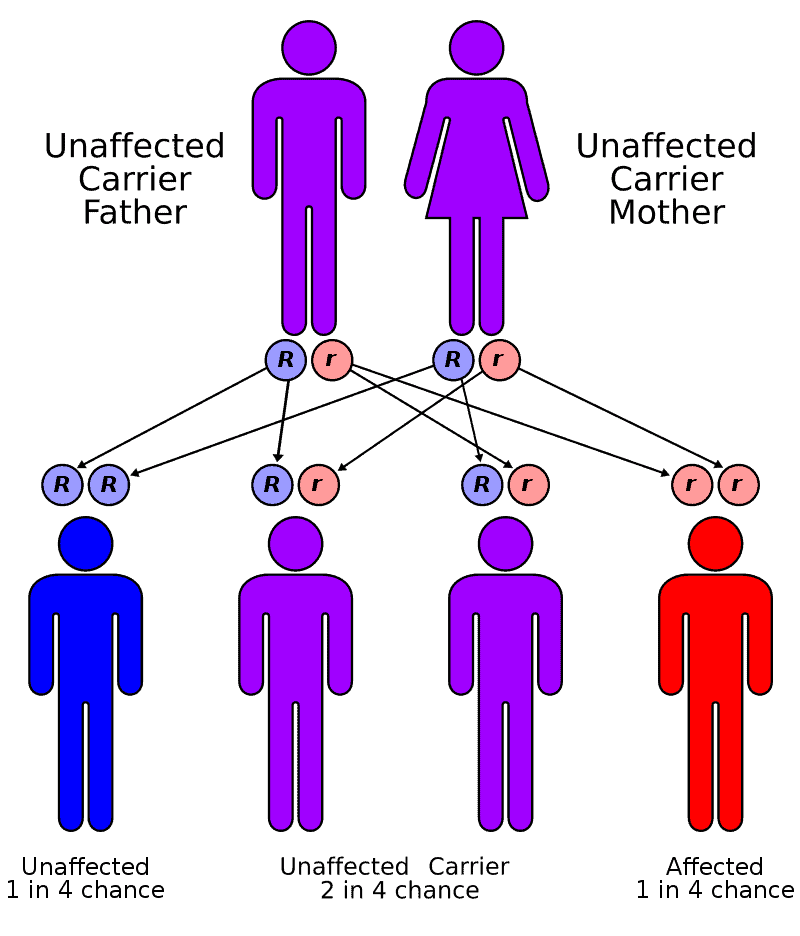
Fanconi Anemia
Fanconi anaemia (FA) is a rare genetic disease resulting in impaired response to DNA damage. Although it is a very rare disorder, study of this and other bone marrow failure syndromes has improved scientific understanding of the mechanisms of normal bone marrow function and development of cancer. Among those affected, the majority develop cancer, most often acute myelogenous leukemia (AML), and 90% develop aplastic anemia (the inability to produce blood cells) by age 40. About 60–75% have congenital defects, commonly short stature, abnormalities of the skin, arms, head, eyes, kidneys, and ears, and developmental disabilities. Around 75% have some form of endocrine problem, with varying degrees of severity.
FA is the result of a genetic defect in a cluster of proteins responsible for DNA repair via homologous recombination.Treatment with androgens and hematopoietic (blood cell) growth factors can help bone marrow failure temporarily, but the long-term treatment is bone marrow transplant if a donor is available. Because of the genetic defect in DNA repair, cells from people with FA are sensitive to drugs that treat cancer by DNA crosslinking, such as mitomycin C. The typical age of death was 30 years in 2000.FA occurs in about one per 130,000 births, with a higher frequency in Ashkenazi Jews and Afrikaners in South Africa. The disease is named after the Swiss pediatrician who originally described this disorder, Guido Fanconi. It should not be confused with Fanconi syndrome, a kidney disorder also named after Fanconi.
Read More About Fanconi Anemia

